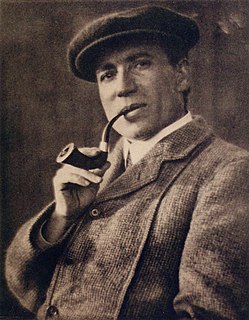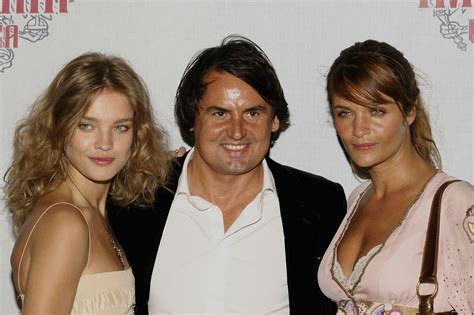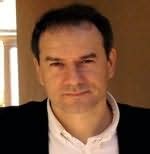A Quote by J. K. Rowling
Cobbled streets and no shops open past six o'clock, a communal life that seemed to revolve around church, and where you could often hear bird song and nothing else: Gaia felt as though she had fallen through a portal into a land lost in time.
Related Quotes
That initial anger she had felt turned to sadness, and now it had become something else, almost a dullness of sorts. Even though she was constantly in motion, it seemed as if nothing special ever happened to her anymore. Each day seemed exactly like the last, and she had trouble differentiating among them.
She rested her head against his and felt, for the first time, what she would often feel with him: a self-affection. He made her like herself. With him, she was at ease; her skin felt as though it was her right size.. It seemed so natural, to talk to him about odd things. She had never done that before. The trust, so sudden and yet so complete, and the intimacy, frightened her.. But now she could think only of all the things she yet wanted to tell him, wanted to do with him.
For years afterwards when Amory thought of Eleanor he seemed still to hear the wind sobbing around him and sending little chills into the places beside his heart. The night when they rode up the slope and watched the cold moon float through the clouds, he lost a further part of him that nothing could restore; and when he lost it he lost also the power of regretting it.
They lifted their faces to the astonishing warmth. The sky arched over them, a pale, clear blue. Lina felt as though a lid that had been on her all her life had been lifted off. Light and air rushed though her, making a song, like the songs of Ember, only it was a song of joy. She looked at Doon and saw that he was smiling and crying at the same time, and she realized that she was, too.
He closed his eyes as she put her hand on his shoulder, and in that instant, nothing else mattered. Not the song, not the place, not the other couples around him. Only this, only her. He gave himself over to the feel of her body as it pressed against him, and they moved slowly in small circles on the sawdust-strewn floor, lost in a world that felt as though it had been created for just the two of them.
I found a Bill Evans record in the bookcase and was listening to it while drying my hair when I realized that it was the record I had played in Naoko's room on the night of her birthday, the night she cried and I took her in my arms. That had happened only six months earlier, but it felt like something from a much remoter past. Maybe it felt that way because I had thought about it so often-too often, to the point where it had distorted my sense of time.
When on a summer's morn I wake,
And open my two eyes,
Out to the clear, born-singing rills
My bird-like spirit flies.
To hear the Blackbird, Cuckoo, Thrush,
Or any bird in song;
And common leaves that hum all day
Without a throat or tongue.
And when Time strikes the hour for sleep,
Back in my room alone,
My heart has many a sweet bird's song -
And one that's all my own.
Her first reaction was one of hope, because his eyes were open and shining with a radiant light she had never seen there before. She prayed to God to give him at least a moment so that he would not go without knowing how much she had love him despite all their doubts, and she felt an irresistible longing to begin life with him over again so that they could say what they had left unsaid and do everything right that they had done badly in the past. But she had to give in to the intransigence of death. (Love in the Time of Cholera)
...she could express her soul with that voice, whenver I listened to her I felt my life meant more than mere biology...she could really hear, she understood structure and she could analyze exactly what it was about a piece of music that had to be rendered just so...she was a very emotional person, Annette. She brought that out in other people. After she died I don't think I ever really felt anything again.
She was humbled, she was grieved; she repented, though she hardly knew of what. She became jealous of his esteem, when she could no longer hope to be benefited by it. She wanted to hear of him, when there seemed the least chance of gaining intelligence. She was convinced that she could have been happy with him, when it was no longer likely they should meet.
In my mother's church, everybody read the Bible and it was mostly about music. My mother had the most beautiful voice I have ever heard in my life. She could sing anything - classical, jazz, blues, opera. And people came from long distances to that little church she went to - African Methodist Episcopal, the AME church she belonged to - just hear her.


































